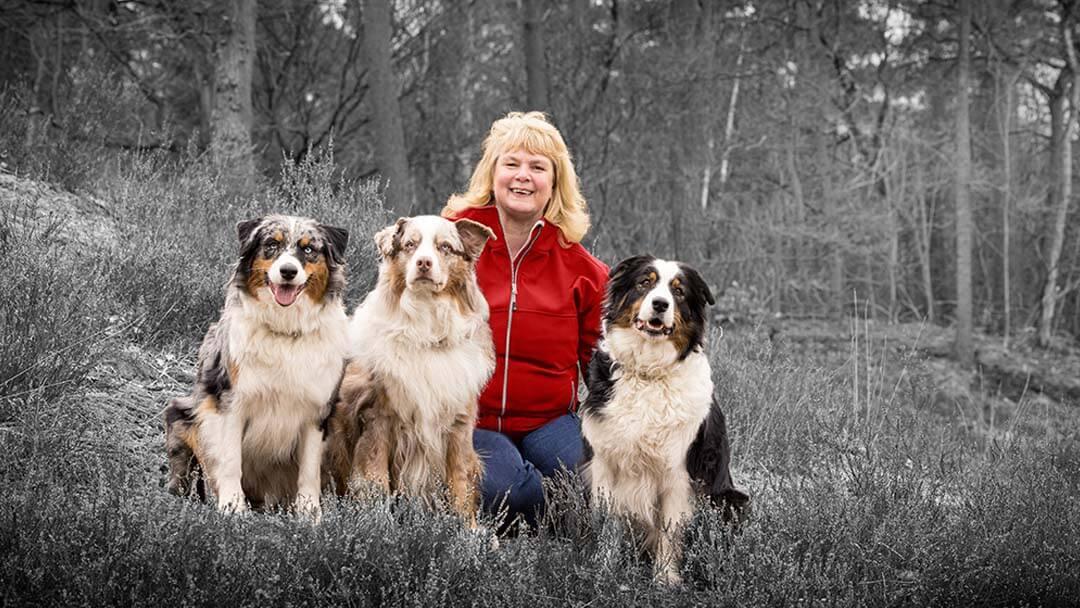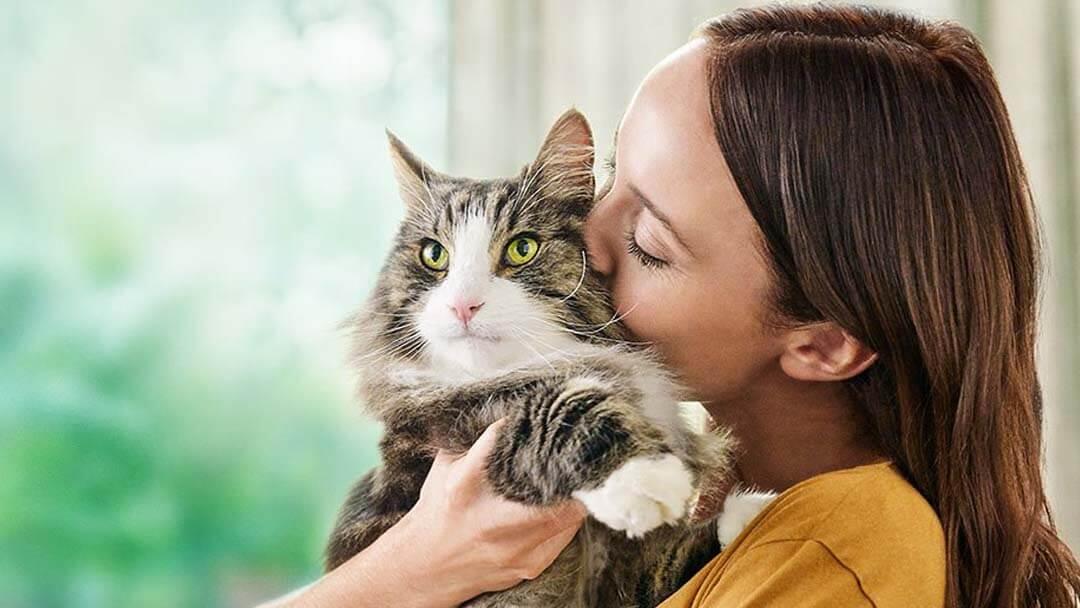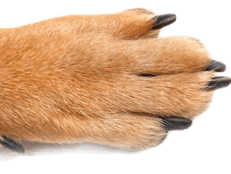Can you tell? Purina study finds one third of dog owners do not recognise when their pet is overweight

Nestlé Purina has revealed pet owners’ inability to identify what a healthy weight for their pet looks like may contribute to growing rates of pet obesity.
A new study conducted by Purina, in collaboration with experts from five universities , looked at understanding how owners’ beliefs and behaviours are associated with dog obesity as this insight can help develop new solutions to prevent pet obesity.
The study of 3,399 dogs across five countries – the UK, France, Germany, Italy and Russia - showed that 33% of owners recognised their dog as being an ideal weight, while in reality it was either overweight or obese.
Only half of pet owners (51% ) were able to correctly identify if their pet was of a healthy weight.
The study suggests that providing the tools for home assessment and educating owners about the importance of weight management for their pet’s health is likely to be key to preventing and reducing the prevalence of pet obesity.
Pet obesity has become an increasing problem in recent years, with rates of obesity and overweight classifications in dogs growing 2% in just 3 years from 2015 to 2018 . This risk worsening further in lockdown periods due to changes to daily routine that alter the feeding and exercising behaviours for pets. Pet obesity is escalating in parallel with human obesity in the western world, reaching 51% in dogs and 44% in cats in 2018.
Hugues du Plessis, Pet Obesity Prevention Manager at Purina, said: “Reducing the risk of pet obesity is a priority at Purina. Working with partners on new research allows us to analyse where the difficulties lie for owners and to help them overcome them. Prevention is better than cure and is key to reverse the trend, this is why at Purina we are dedicated to supporting owners to adopt healthy behaviours from the beginning, as well as collaborating closely with vets and other experts.”
“Changing diet and daily habits is as hard for pets as it is for people. Beyond nutrition, Purina is working with scientific partners to continue to understand how behavioural science can be used to better support owners in the transition from identification of an issue to taking concrete actions.”
The importance of providing supportive guidance from puppyhood was highlighted in a previous landmark Purina study , revealing that dogs that maintained an ideal body weight throughout life have an increased lifespan of 1.8 years.
1Webb, T. L., du Plessis, H., Christian, H., Raffan, E., Rohlf, V., & White, G. A. (2020). Understanding obesity among companion dogs: New measures of owner's beliefs and behaviour and associations with body condition scores. Preventive Veterinary Medicine, 180, https://doi.org/10.1016/j.prevetmed.2020.105029
2The University of Sheffield, UK; Telethon Kids Institute, University of Western Australia; Wellcome Trust-MRC Institute of Metabolic Science-Metabolic Research Laboratories, University of Cambridge, Addenbrooke’s Hospital, Cambridge, UK; La Trobe University, Australia; University of Nottingham, Sutton Bonington Campus, UK
3Ibid.
4Ibid.
5APOP –https://petobesityprevention.org/2015 https://petobesityprevention.org/2018
6Pet Food Manufacturers Association, PFMA
7Kealy, R. D., Lawler, D. F., Ballam, J. M., Mantz, S. L., Biery, D. N., Greeley, E. H.,Stowe, H. D. (2002). Effects of diet restriction on life span and age-related changes in dogs. Journal of the American Veterinary Medical Association, 220(9), 1315–1320. doi:10.2460/javma.2002.220.1315









